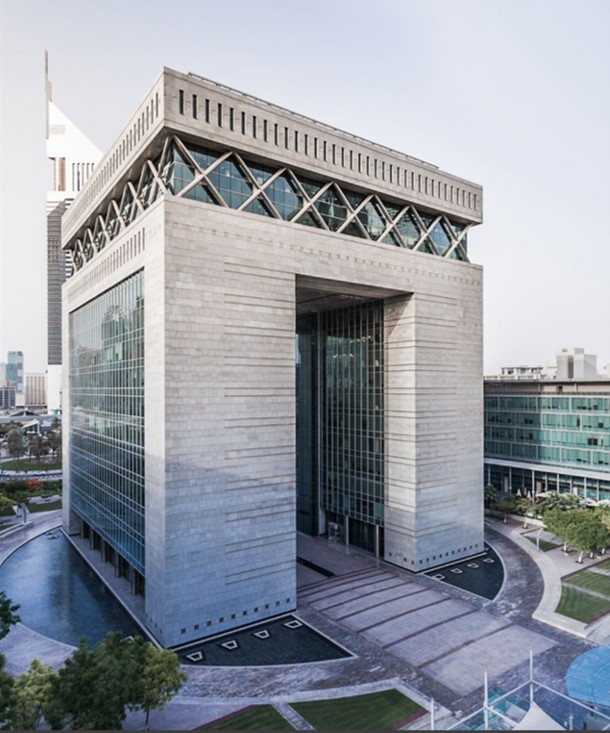Offshore
A Pivotal Development In DIFC Corporate Structuring

The Dubai International Financial Centre recently announced plans for how certain companies might be regulated.
Corporate structuring might sound a dry term but it often is crucial in deciding what sort of businesses can set up in Dubai, and the overall ease of doing business. Wealth managers operating in the jurisdiction should be aware of the details. The following article on the topic comes from Daniel Pacic (pictured), managing director, Dubai, for Ogier Global, a fiduciary business and sister organisation to Ogier, the offshore law firm. The editors are pleased to share these insights. Please email the editor if you want to join the conversation, at tom.burroughes@wealthbriefing.com The usual disclaimers apply to the views of guest contributors.

Daniel Pacic
In a move that underscores its commitment to regulatory evolution and market responsiveness, the Dubai International Financial Centre (DIFC) recently announced its intention to substantially revise its prescribed company (PC) regulations.
The announcement on 9 May 2024 by Jacques Visser, chief legal officer of the DIFC authority, marks a pivotal development in the landscape of corporate structuring within the Middle East, Africa, and South Asia region.
Introduced in 2019 and subsequently updated, the PC regulations have served as a cornerstone for businesses seeking to leverage the DIFC's robust legal framework for structuring purposes.
Despite prior amendments aimed at widening the regime's applicability, market demand for more inclusive and flexible holding company vehicles has persisted. This feedback loop between the DIFC and its stakeholders reflects the centre's proactive approach to fostering a conducive business environment.
Proposed enhancements
The proposed changes aim to significantly broaden the eligibility
criteria for establishing a PC, thereby democratising access to
this versatile corporate vehicle.
Under the new framework, PCs can be established by a wider array of applicants, including Gulf Cooperation Council (GCC) citizens or entities controlled by them, authorised firms, or DIFC registered persons, with the latter excluding other PCs or non-profit incorporated organisations (NPIOs).
Importantly, the amendments seek to streamline the establishment process for PCs, especially those engaged in holding legal titles to, or controlling, GCC registrable assets, or those established for a qualifying purpose.
This strategic shift is anticipated to attract a broader spectrum of investors and businesses, by eliminating the need for a local corporate service provider (in circumstances where the applicant has alternative means of providing a registered address in the DIFC) and relaxing the requirements for local management or board representation.
Integrity and substance
In the wake of the UAE's corporate tax introduction, the DIFC has
carefully considered the balance between facilitating access to
strategic structuring vehicles and maintaining a jurisdiction of
substance.
The proposed regulations underscore this balance by stipulating that PCs should serve exclusively as holding company vehicles or for their qualifying purpose, explicitly precluding them from operational employment and hiring employees.
This measure ensures that PCs remain true to their intended function, reinforcing the DIFC's reputation as a jurisdiction of substance and integrity.
Looking ahead
As the DIFC moves forward with these proposed changes, the
implications for the regional and global business landscape are
noteworthy.
This expansion not only enhances Dubai's attractiveness as a premier financial hub, but also aligns with broader trends of regulatory adaptation and market inclusivity. For stakeholders within the DIFC and the wider MEASA region, these developments signal a forward-thinking approach to corporate structuring and investment facilitation.
The DIFC authority's openness to public consultation on the proposed regulations, with feedback accepted until 1 June 2024, exemplifies its collaborative governance model.
Overall, the DIFC's proposed enhancements to the PC regulations represent a significant step forward in its aim to provide a responsive and inclusive legal framework for businesses and investors. Critically, it is a development that reaffirms the centre's position as a dynamic and progressive financial hub, responsive to the needs of its community.